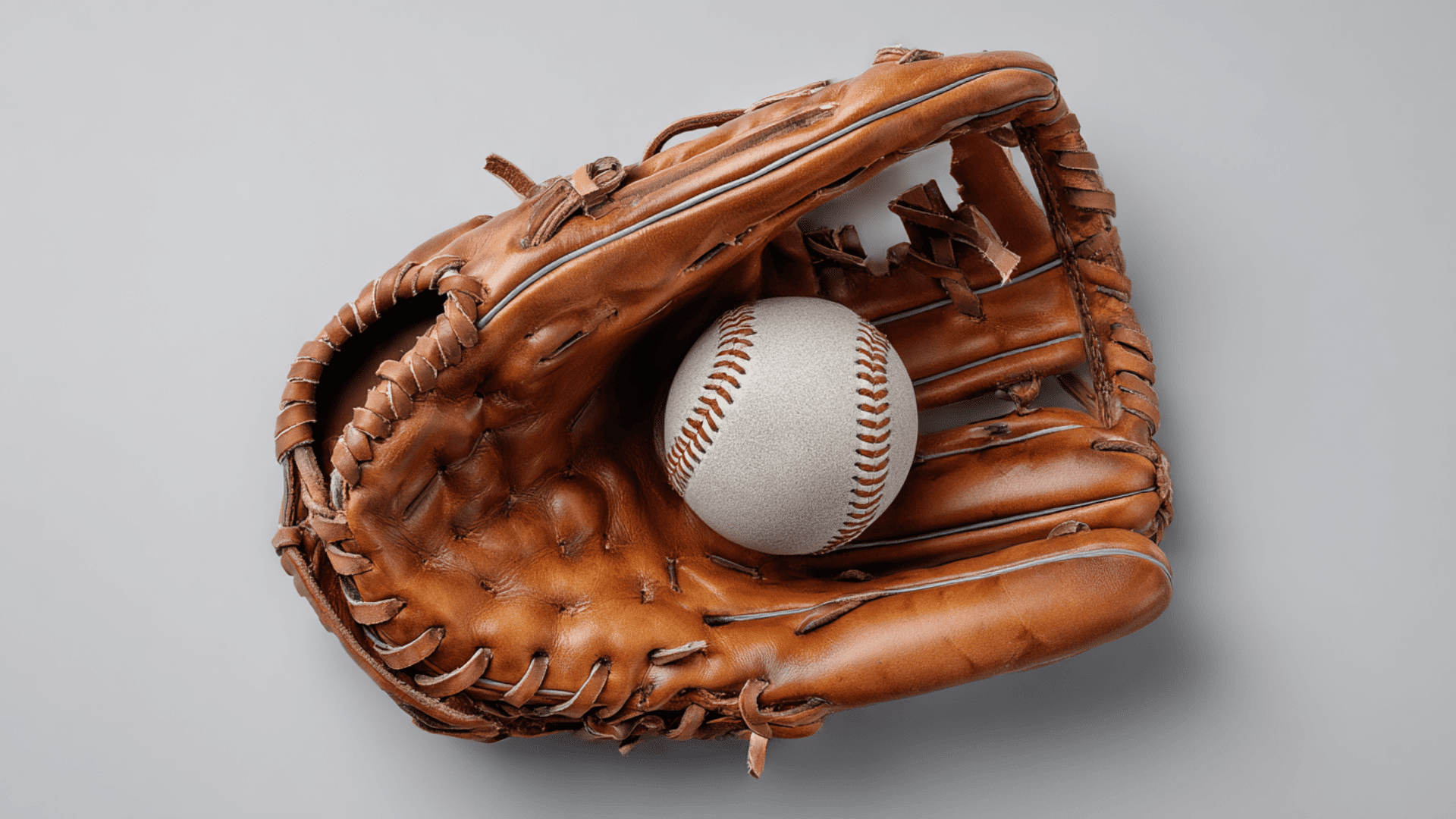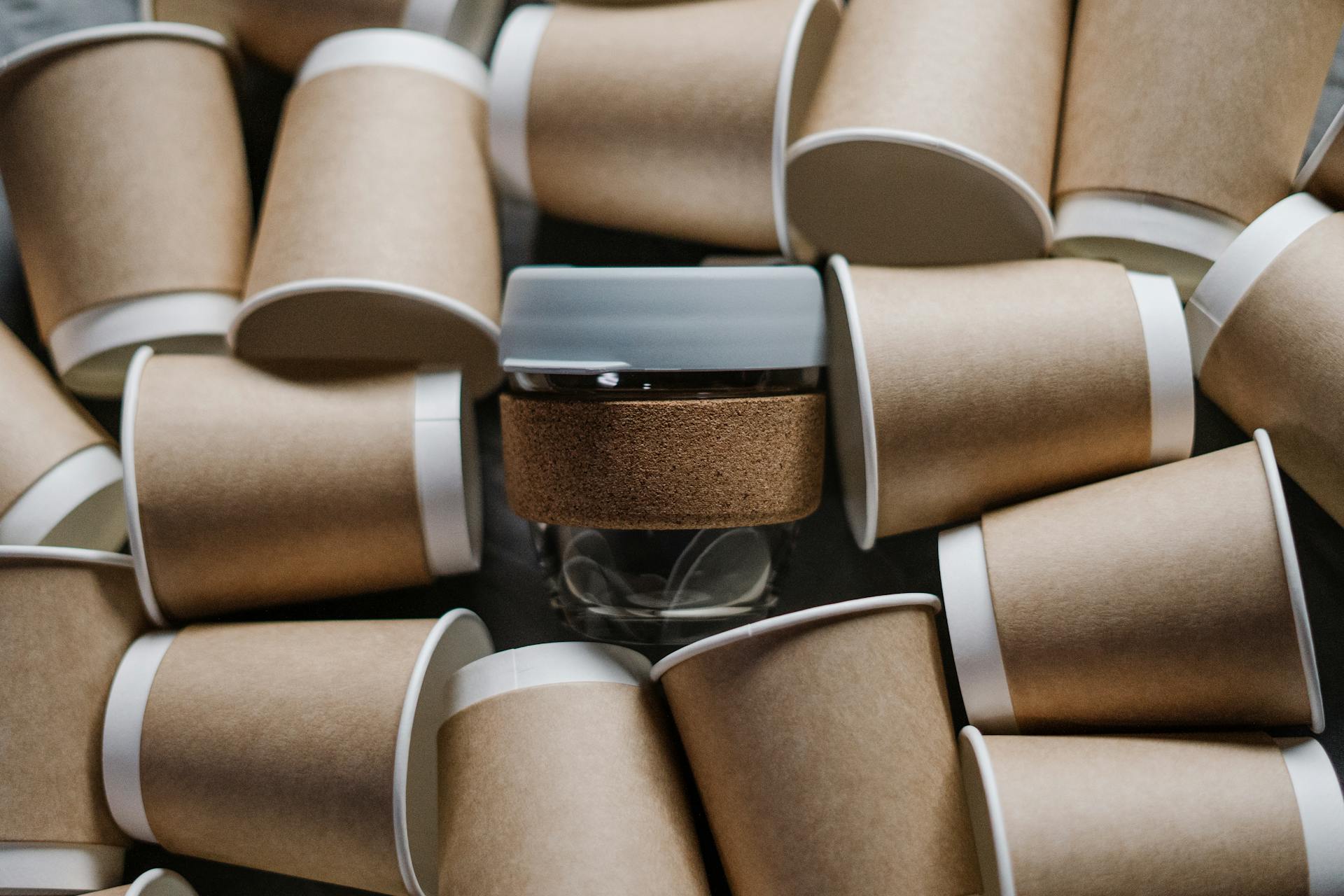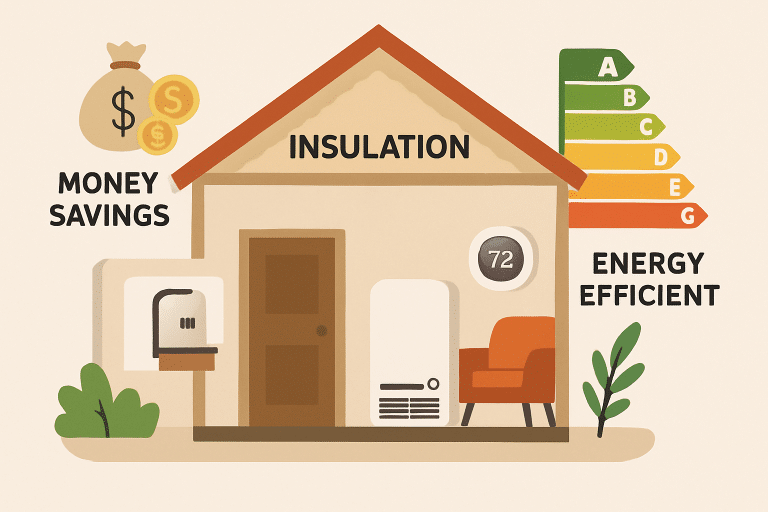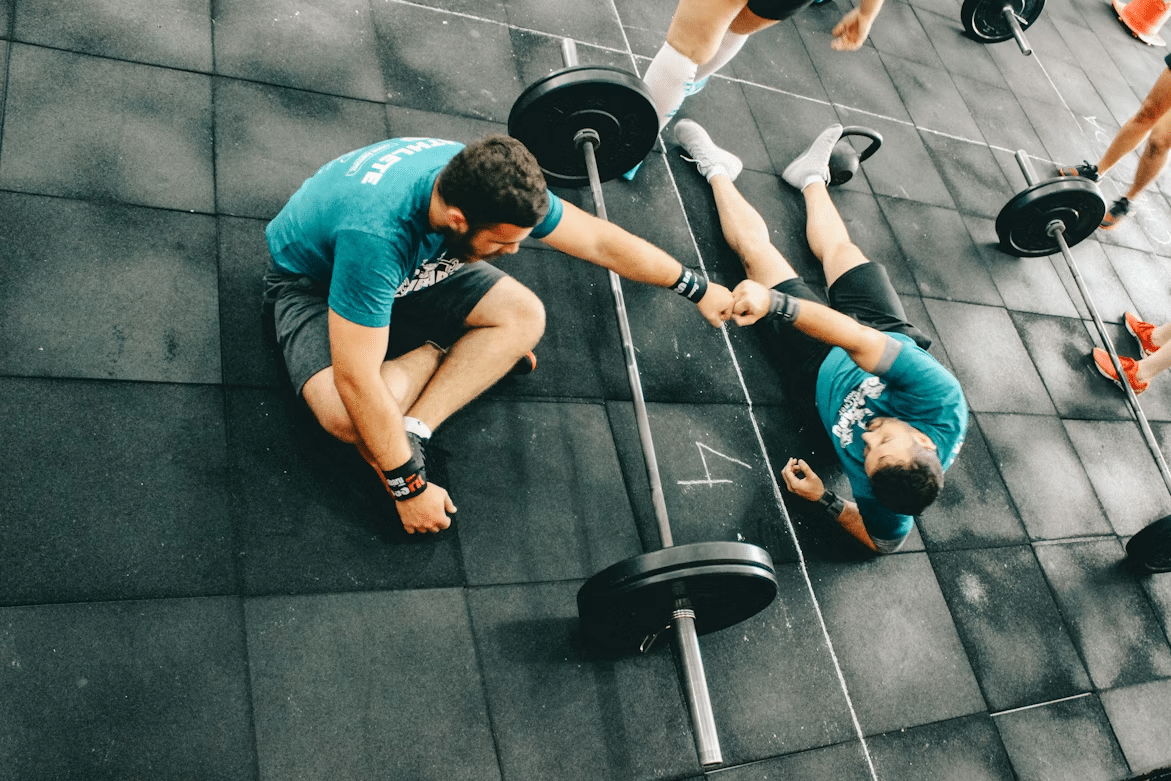Got a stiff new baseball glove that feels like cardboard? You’re not alone! Every player knows the struggle of trying to catch with a glove that won’t bend or close properly.
Breaking in your glove is crucial for improved catches, comfort, and control on the field.
A well-broken glove becomes like an extension of your hand, helping you make those game-winning plays. Learning how to break in a baseball glove properly will save you time and protect your investment.
Here are easy, proven methods that will change your stiff glove into a reliable game companion.
Why Breaking In Your Baseball Glove Matters
A stiff, new glove makes catching much harder than it needs to be. When your glove won’t close quickly or feels uncomfortable, you’ll miss easy catches and lose confidence.
Breaking in your glove creates better flexibility, allowing it to bend naturally with your hand movements.
This process also shapes the perfect pocket for your position and hand size. A properly broken-in glove lasts longer because the leather becomes more durable and resistant to cracking.
Most importantly, a flexible glove gives you better control and faster reactions during games.
Things to Avoid When Breaking In a Glove
Breaking in your glove wrong can ruin it forever, so avoid these common mistakes. Here are the biggest don’ts that could damage your expensive equipment:
- Don’t bake or microwave your glove – extreme heat cracks leather
- Don’t soak in water completely – this weakens the leather structure
- Don’t use harsh oils like motor oil – they damage leather fibers
- Don’t over-pound with heavy tools – this creates unwanted creases
- Don’t rush the process with shortcuts – patience protects your investment
Remember, your glove is an investment that should last for years with proper care.
How Long Does It Take to Break In a Baseball Glove?

How long it takes to break in a glove depends on your chosen method and how often you use it.
Playing catch alone usually takes several weeks to a few months of regular use. Using a mallet with conditioner speeds up the process to days or weeks.
Professional steaming works instantly but requires ongoing maintenance to maintain its softness.
Higher-quality leather takes longer to break in but results in a better final product. Cheaper gloves soften faster but may lose their shape over time.
Step-by-Step Methods to Break In a Baseball Glove
These proven methods will help you create the perfect glove for your playing style. Each technique works differently, so choose the one that fits your timeline and needs.
1. Playing Catch (The Classic Way)
Playing catch is the most natural way to break in your glove. Start with soft tosses and gradually increase the speed as your glove gets more flexible.
This method shapes the pocket perfectly for catching baseballs. The repeated impact slowly softens the leather without damaging it. Though it takes longer, this creates the most natural and lasting break-in.
2. Using a Mallet or Ball
Gently pound the pocket area with a glove mallet to speed up the softening process. Focus on the webbing and pocket where the ball sits most often.
Wrap a baseball tightly in the glove overnight to maintain the pocket shape. Use rubber bands or a glove wrap to keep everything in place while you sleep. This glove mallet break-in method works faster than just playing catch alone.
3. Glove Conditioners and Oils
Apply leather conditioner made specifically for baseball gloves to keep the material soft. Use only small amounts and work it in with your hands, evenly distributing it across all surfaces.
Focus on stiff areas like the thumb and pinky. Use mink oil and glove conditioners to break in a baseball glove. Never use household oils that can damage or darken leather.
4. Steaming Services (Modern Option)
Many sporting goods stores offer professional glove steaming services that quickly soften leather. The steam makes the leather more flexible without soaking it completely with water.
This method works almost instantly but requires follow-up care to maintain the softness. Professional steaming costs money but saves weeks of break-in time for impatient players.
5. Combination Approach
Utilize various methods to achieve the best and fastest results possible. Start with light conditioning, then play catch while occasionally using a mallet on stubborn spots.
This balanced approach gives you control over the break-in speed and final shape. Most experienced players recommend combining at least two methods for optimal results.
Best Practices for Maintaining a Broken-In Glove
Keep your glove in perfect condition with these simple maintenance tips. Proper care extends the life of your glove and keeps it game-ready.
| Maintenance Task | How Often | Why It Matters |
|---|---|---|
| Store with a ball in a pocket | After every use | Maintains pocket shape |
| Apply light conditioner | Every few months | Prevents leather cracking |
| Keep gloves dry and clean | After wet games | Prevents mold and stiffness |
| Use a glove wrap when storing | Between seasons | Holds proper form |
Regular maintenance is much easier than breaking in a new glove from scratch.
Note: Never leave your glove in hot cars or direct sunlight, as extreme heat can undo all your break-in work.
Conclusion
Breaking in a baseball glove requires patience, but using the right methods can make the process much easier and faster.
If using the classic catch method or speedier methods with conditioners and mallets, consistency matters. A well-broken-in glove lasts seasons and boosts your game.
Maintain your glove with regular conditioning and proper storage to protect your effort. Your investment now pays off with better catches, comfort, and confidence on the field.
What’s your favorite way to break in a new glove? Share your tips or ask questions in the comments – every player has a story about their trusty glove!






































